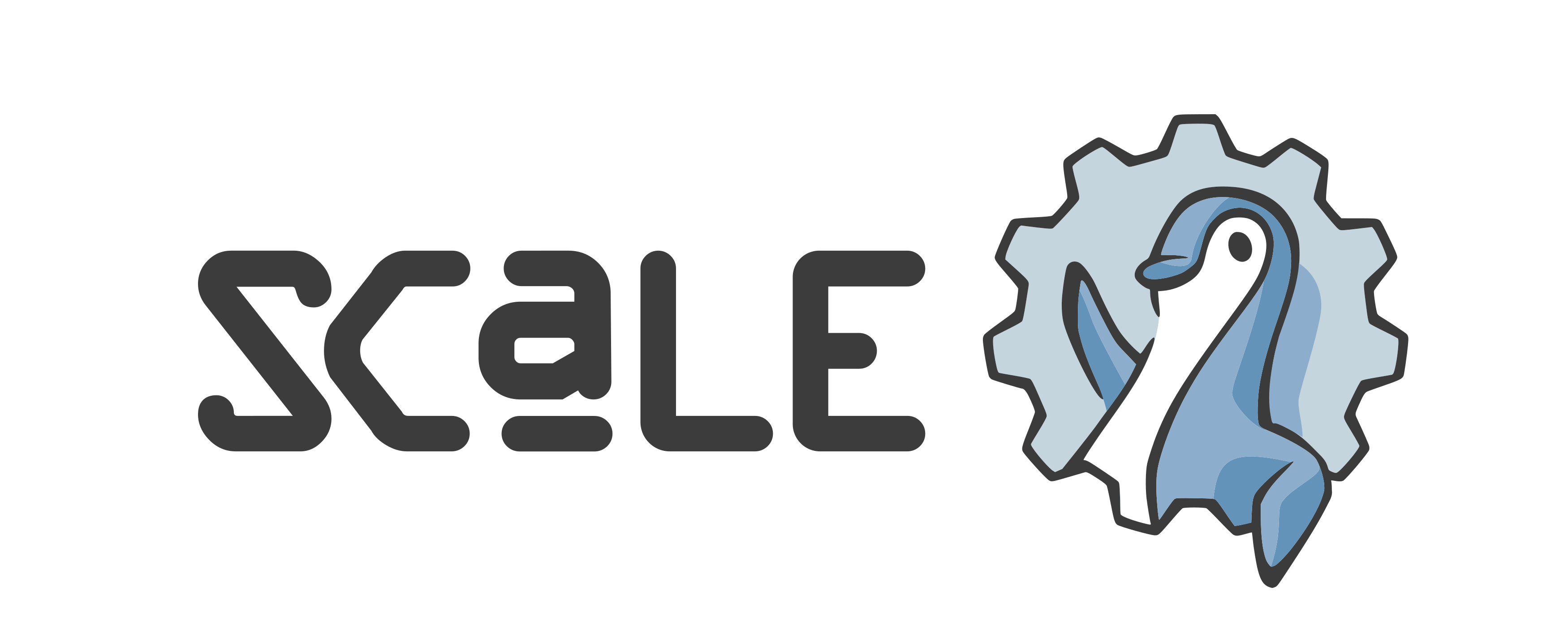Anatomy of Table-Level Locks in PostgreSQL

In PostgreSQL, managing schema changes without downtime can be a challenging task. Table-level locks, which control access during Data Definition Language (DDL) operations like ALTER or DROP TABLE, can result in unintended application slowdowns or even service interruptions when not fully understood. This talk will provide a comprehensive dive into table-level locking and lock queueing in PostgreSQL, helping attendees gain the insights they need to perform efficient schema changes.
We’ll start by explaining the various types of table-level locks in PostgreSQL such as Access Share, Exclusive, and Access Exclusive and how they are automatically managed during common DDL operations. Then, we’ll break down lock queuing: how PostgreSQL organizes lock requests, what happens when transactions wait for locks, and how deadlocks can arise in complex environments.
Next, we’ll focus on practical approaches to managing table-level locks for near-zero downtime. Attendees will learn techniques to minimize locking impact, including understanding lock conflicts, using online schema migration patterns, and identifying lock-heavy queries. We’ll introduce tools like pgroll, which utilizes the expand/contract pattern to make schema changes in small, lock-free steps.
By the end of this session, attendees will be equipped with practical strategies and knowledge to control lock behavior during schema changes, ensuring data integrity and reducing operational disruptions. This talk will provide the tools needed to manage PostgreSQL schema changes with confidence and minimal impact on production environments.
